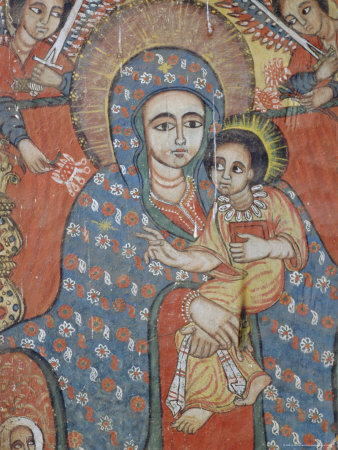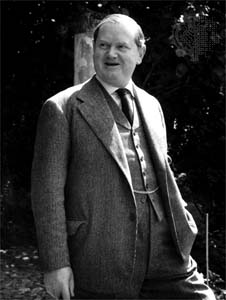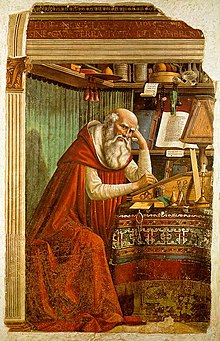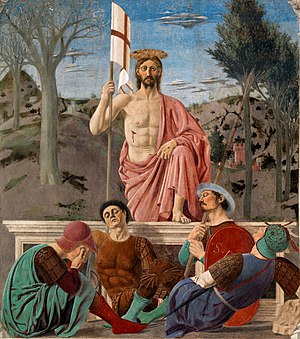"Satan Enthroned," Church of St. Foy, Conques, France
Blessed Anne Catherine Emmerich ( 1774 AD - 1824 AD), a mystic and stigmatic, was granted numerous supernatural visions, many of which concerned the Passion of Jesus or the life of the Virgin Mary. Blessed Anne's descriptions of her visions concerning the Virgin were published in
The Life of the Blessed Virgin Mary from the Visions of Anne Catherine Emmerich. These visions included precise information regarding the house near Ephesus where the Virgin resided before being assumed into heaven. At the time of the book's publication the ancient city of Ephesus had not yet been excavated. However, Blessed Anne's descriptions of the Virgin's house were so vivid that in 1881 they enabled a French priest named Julien Gouyet to identify the actual building. The "Virgin's House" was declared a Holy Place by Pope Pius XII, and has been visited by several popes, including Benedict XVI.
Blessed Anne's descriptions of her visions concerning the Passion were published as
The Dolorous Passion of Our Lord Jesus Christ According to the Meditations of Anne Catherine Emmerich. Mel Gibson based much of his movie
The Passion of the Christ on this book. The
Dolorous Passion includes the following description of the Harrowing of Hell, which is of particular interest for the prophecy it contains:
"In the centre of Hell I saw a dark and horrible-looking abyss, and into this Lucifer was cast, after being first strongly secured with chains; thick clouds of sulphurous black smoke arose from its fearful depths, and enveloped his frightful form in the dismal folds, thus effectually concealing him from every beholder. God himself had decreed this; and I was likewise told, if I remember rightly that he will be unchained for a time fifty or sixty years before the year of Christ 2000. The dates of many other events were pointed out to me which I do not now remember; but a certain number of demons are to be let loose much earlier than Lucifer, in order to tempt men, and to serve as instruments of the divine vengeance."
The Church has not endorsed the authenticity of Blessed Anne Catherine Emmerich's visions. The books containing the visions were published years after her death by Clemens Brentano, a poet, who worked from notes he'd made after his meetings with the visionary over the course of several years. Consequently, the Church acknowledges that the record of Blessed Anne's visions suffers from "a serious problem of authenticity." Nevertheless, the Church considers the message of her visions "an outstanding proclamation of the gospel in service to salvation".
Blessed Anne Catherine Emmerich, pray for us.


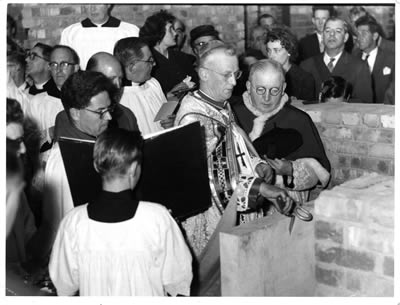




 C
C







